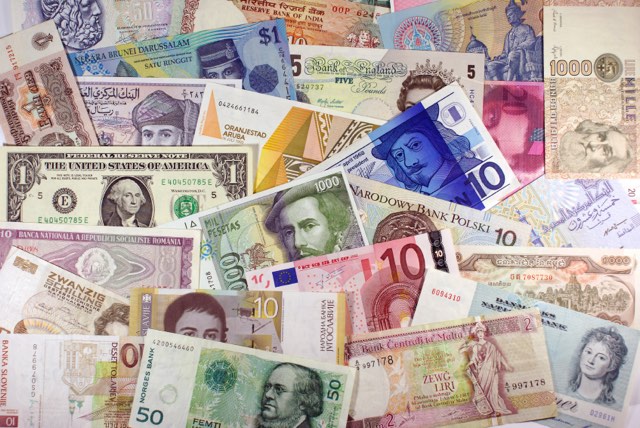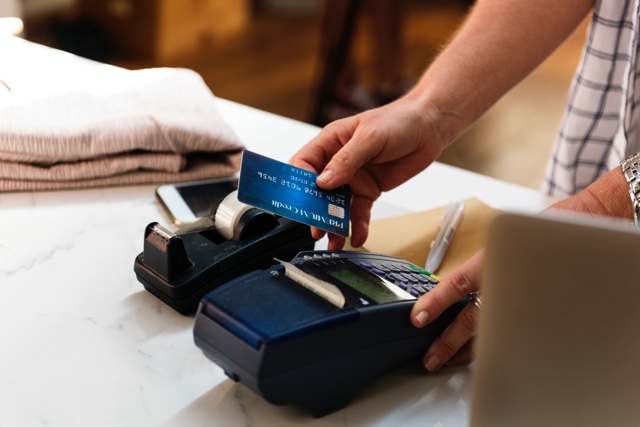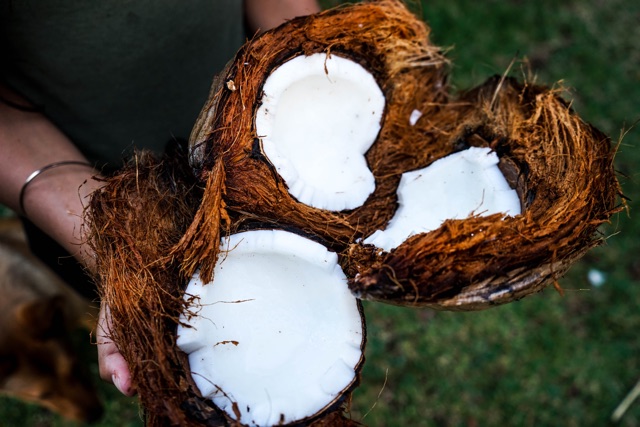The Best Ways to Take Travel Money to Fiji
![]()
No matter if you're a relaxer, or an adventurer; as Kiwis, we love travelling to Fiji.
![]()
Whether you want a cheap getaway, or you want to escape to luxury - Fiji has you covered.
![]()
In our extensive guides we can help you work out how much everything is going to cost.
What Currency is Used in Fiji ?
The currency used in Fiji is the called the Fijian Dollar. When looking for currency conversion, its ISO code is FJD, just as the New Zealand Dollar's ISO code is NZD.
Planning a relaxing holiday in Fiji?
Currency needs to be on your to do list. Here is some general information about the Fijian Dollar and some tips and tricks to get the best deal on your conversion from NZD to FJD.
How to buy Fijian Dollar before your trip

Online
This is usually the cheapest way to buy currency, but you need some time. You can choose where to pick the order up from, and in some instances can get home delivery.
Money Tips
- Use a promo code to get a much better rate. Click here to learn how it works
- Don't pay by card. There is card processing fee you can avoid by using Bpay
- There is a maximum amount of $5,000 per transaction

Money Changers
This is the best way to get currency quickly. You will find them in major shopping centres and towns.
Money Tips
- Use a discount coupon to get $10 off from Travelex stores
- The exchange rates are better in your CBD. So it can be worth going there if you're exchanging more than $2,000
- Always ask for a better rate. We've found you can often get a better deal just by asking, particularly if you're buying more than $100

Bank
Most banks do exchange currency. The issue is that they often have high fees, and don't offer very good rates. It's always better to compare rates elsewhere before deciding, but as a standard rule it's best to avoid your bank. Especially for a currency like the Fijian dollar.

Airport
Yes, you can buy currency at the airport. But that doesn't mean you should. While it's convenient, it's also very expensive.
Money Tips
- Ordering it online and picking it up at the airport is much cheaper than buying it in person
- If you've run out of time before your trip, it's definitely better to buy currency when you get overseas, or use your Aussie debit card instead
How to buy Fijian Dollars in Fiji
General Tips
If you decide to buy your currency when you get to Fiji, the first thing you'll need to do is make sure you have New Zealand dollars in cash. This way you can exchange it when you get there.
Similar to New Zealand, it's best to avoid buying currency at the airport and the bank, and better to do it in one of the major city centres.
You can use this link to find Travelex stores.
Currency Exchange in Fiji
There a few money changers in Fiji, No.1 Currency have shops in Suva, Latouka, Nausori and Unimoni in Suva and Nadi.
What Fijian notes and coins look like
Notes
The notes are structured in the same way New Zealand ones are. The notes themselves are designed differently, but they are the same type. Fijian Dollars are made up of:
$1, $5, $10, $20, $50, $100.
It is normally abbreviated with the dollar sign $, or alternatively FJ$ to distinguish it from other dollar-denominated currencies.
Coins
Coins in Fiji are structured almost identically to the ones we use in New Zealand.
The coins that are used in Fiji are:
5c, 10c, 20c, 50c, $1, $2.
Can you use New Zealand Dollars or US dollars in Fiji?
Yes, in a limited capacity. It's best to exchange your dollars before you leave online or at a money changer.
Luxury hotels tend to accept and carry New Zealand and US dollars but its best to use the Fijian dollar in shops, restaurants, tours and street sellers.
Is it cheaper to convert currency in New Zealand or Fiji?
Exchange rates change frequently, and every provider offers different rates. This makes it hard to say what the cheapest way and place to exchange currency is.
When you're travelling to a place like Fiji you can often get good exchange rates when you arrive because Kiwi travellers go there frequently. This means money exchangers in Fiji are happy to trade between NZD and FJD.
Just steer clear of exchanging currency at the airport. On both ends, the rates will be much worse there than in the city centres.
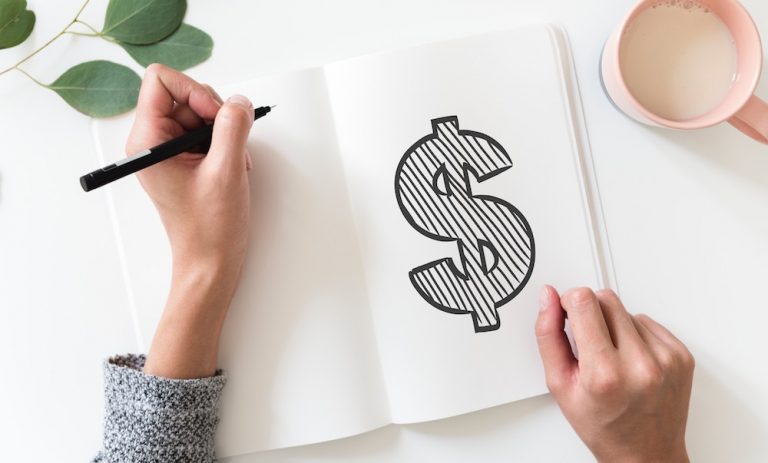
The Best Travel Cards For Kiwis to Use in Fiji
It can be tricky working out which is the best travel card to use in Fiji.
The fact is, the best one for you will really depend on what you need from the card you're using.
We've listed what we think are three of the best prepaid travel cards you can use while you're in Fiji.
What are different types of travel cards?
They can be either prepaid, debit or credit cards designed specially for using overseas. You can use travel cards to make purchases online, in stores and to withdraw money at ATMs. There are 2 popular types:
- Prepaid Travel Cards
- Travel Credit Cards
Let's have a look at each one.
Prepaid Travel Cards
For prepaid cards, you're able to load the card with a set amount of money in the currencies you need. Ideally you do this before your trip, but often you can reload them as well.
Most prepaid travel cards allow for multiple currencies to be loaded onto the card. So it's important to know what currency you'll be using on your travels. Airlines also offer prepaid cards so the money you spend can earn you reward points.
With prepaid travel cards you need to be careful, as they can have numerous fees and charges which can make it more expensive than other options. But if you're organised and travelling to multiple cities a prepaid travel card is a good option.
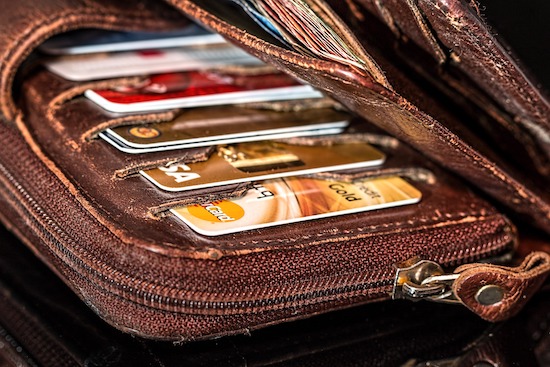
Best Prepaid Travel Card: The Travelex Money Card
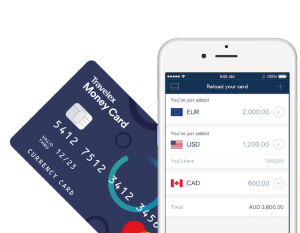
The Travelex Money Card is our best value prepaid travel card. With this card:
- There are no ATM fees so you can withdraw cash at no extra cost
- You can access Travelex's online rates
- You can lock in your initial loading cross currency rate
- Ideal for the organised traveller.
- Can load up to 10 currencies including AUD, USD, EUR, GBP, NZD, CAD, THB, SGB, HKD and JPY.
- Smartphone App & Free Wifi Cross
- $0 overseas ATM fees (Australia excluded)
- Free Replacement Card
- 24/7 Global Support
- Limited Currencies
- 5.95% currency conversion rate
- $100 minimum initial load
- 2.95% Australian ATM withdrawal fee
Learn more about the Travelex Money Card
Travel Credit Cards
Credit cards have obviously been around for a long time. But now there are specialised travel credit cards. Generally, these cards give you longer to pay back what you've spent but the interest rates after this time can be quite high.
The main advantage with credit cards are the reward points you get in return for your customer loyalty when you spend. But it only works if you pay off the balance in full each month.
Credit cards are great to use for car hire, restaurants and accommodation - larger expenses that are easier for you to pay back over time. Some services only take credit cards to hold purchases so they can definitely be handy while you're travelling.

Best Travel Credit Card: 28 Degrees Platinum Mastercard
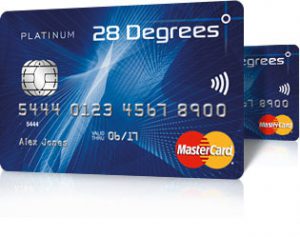
The 28 Degrees Platinum Mastercard is our best value travel credit card. With this card:
- There are no annual fees
- No overseas purchase fee or currency conversion fee
- You get 55 days interest free on purchases
- Access to free 24/7 concierge service
- Emergency card replacement worldwide
The 28 Degrees Platinum Mastercard has additional benefits including shoppers and repayments benefits cover. For more information read our review.
- Can have 9 additional cardholders
- No overseas purchase fee, or currency conversion fee
- No foreign transaction fee
- Free Replacement Card
- High interest rates after the initial 55 days
- Minimum credit limit is $6000
- No introductory offers or rewards
Learn more about the 28 Degrees Platinum Mastercard
How Much Things Cost in Fiji
Fiji is becoming a popular destination for Kiwis. And with the good weather, food and activities - it's not surprising. Travelling somewhere new for the first time can make budgeting a bit difficult. But it becomes easier to plan your holiday once you know how much things cost in Fiji.
To give you a better idea of how much everything is going to cost, we've listed some essential things you might need on your holiday like accomodation, transport, food and more.
All the prices we've quoted in this article are in New Zealand dollars, but you can visit our currency converter to find out what the exchange rate is between the NZD and FJD.
Before you head to Fiji, learn about:
- Is it expensive to visit Fiji?
- How much you need to bring to Fiji?
- How much it costs to fly from New Zealand?
- The cost of food
- Buses and trains
- Tours in Fiji
- Hiring a Car
- Accomodation
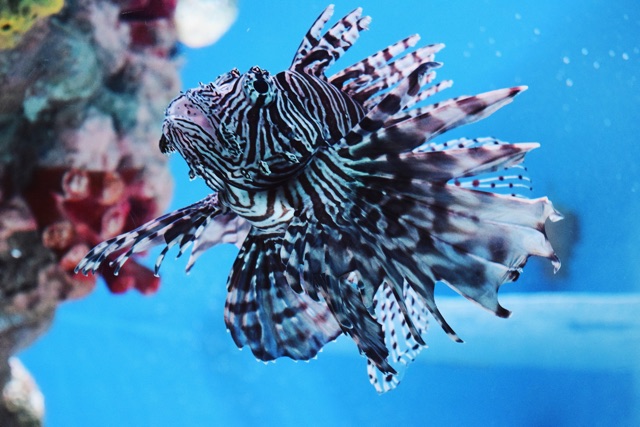
What Fijian notes and coins look like
When it comes to travelling in Fiji, there are some differences compared to New Zealand. Let's have a look at the cost difference between some food and activities in Fiji and New Zealand:
New Zealand vs Fiji
In this table, we have a comparison of some things you might do in Fiji. The prices are approximate, and can change between different cities in Fiji.
| Expense | Cost in New Zealand | Cost in Fiji |
| Cappuccino | $4NZD | $3NZD |
| 1 full month of public transport (MyKi) | $145NZD | $32NZD |
| Full priced Movie ticket | $20NZD | $6.5NZD |
| 1 full month Gym membership | $65NZD | $30NZD |
| A bottle of beer | $5.5NZD | $3NZD |
Can you use New Zealand Dollars or US dollars in Fiji?
The answer to this question really depends on the type of holiday you're planning. Will you be backpacking and staying in hostels? Will you be living it up at a fancy hotel? If you want to do it on a budget, you easily can or you can splurge and go on a luxury holiday.
Fiji can be a more affordable country to visit, compared with other destinations. Having said this, there are ways you can cut costs if you need to.
Here we have listed an estimate of what you'd need, per person, per day depending on your holiday.
Budget holiday: $120NZD
Middle of the range holiday: $120 - $300NZD
Luxury holiday: At least $300NZD
How much does food cost in Fiji?
Food is a pretty important part of a holiday, and a great way to get to know a country. Especially somewhere like Fiji where there is delicious food to try on every corner. In Fiji, you can really decide how much you want to spend on food everyday. You could get by on as little as $30NZD or if you're fine dining you could spend a lot more! Below we've listed some general prices for eating and drinking out, and the cost of some other bits and pieces.
Eating out:
- Breakfast: $5 - $15 NZD
- Lunch: $10 - $15 NZD
- Dinner: $15 - $20 NZD
Drinks:
- Coffee: $3.50 NZD+
- Beer: $3.5 NZD+
- Bottle of water: $1.20 NZD+
Some other examples:
- Big Mac meal: $9 NZD
- Bottle of Wine: $13 NZD+
- Cocktails: $10 NZD+
- Snorkeling tour: $130 NZD+
Is it cheaper to convert currency in New Zealand or Fiji?
Like flying anywhere in the world, flights between New Zealand and Fiji can change depending the time of year. Having said this, there are often sales that can get you there quite cheaply.
The flight prices also depend on where in New Zealand you're flying from, but from most capital cities you can easily get a direct flight.
Generally the average cost of a return flight to Nausori International Airport in Suva from Auckland or Christchurch will cost you about $1,000 - $2,000NZD.
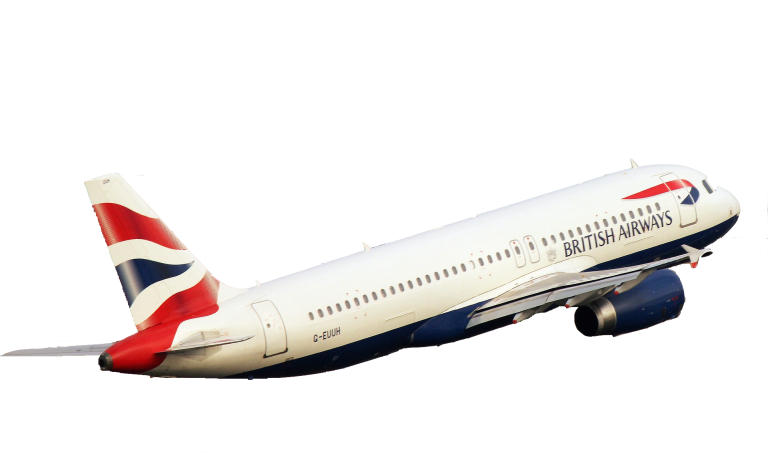
Getting Around
Getting around Fiji is easy with a good network of planes, buses, carriers, ferries and taxis available.
Plane
Fiji is well-served by two domestic airlines which operate between many of the islands. Fiji Link and Northern Air fly from Viti Levu to many of the outer islands.
Bus
Provide a cheaper option to view many of Fiji's scenic attractions. Hop-on, hop-off buses also allows you to enjoy your Fiji holiday at your own pace and at a fixed price.
Carriers
Small trucks with a tarpaulin-covered frame on the back, driven by local drivers are known as carriers. Sometimes these have passenger seating and some run trips between Nadi and Suva. You can pick one up in Nadi’s main street; they leave when they are full and are quicker and only slightly more expensive than taking the bus.
Ferries
Passenger ferries service Nadi and the Mamanuca Group from 9 am to 4 pm each day. Service to the Yasawa Group, Vanua Levu and Ovalau also run daily. Fortnightly ferries operate to the northern and southern islands. South Sea Cruises operate daily inter-island ferries throughout the Mamanuca resorts and are reasonably priced.
Taxis
Shared or private taxis are also quite cheap and can be a great way to see the countryside. The bus stations in the main towns usually have taxi depots and there is often an oversupply of taxis, with drivers competing for business. Check to see the meter is working and negotiate a fare prior to departure if the meter is not working.
Tours
Utilising tours is a great way to meet other travellers and learn about the area you're in. If you're looking to have a completely guided tour, you could consider looking into companies like Intrepid or Tourradar. But even on a smaller scale, you can often find guided tours to different parts of the country which can usually be organised through your hotel or hostel. These may set you back a small fee to cover the cost.
Viator is a great website to get information about tours you can do throughout Fiji!
Hiring a Car

You can hire a car in Fiji and it's a great way to explore the islands combined with roll on, roll off ferries. Renting a car is also a great way to get off the beaten track and really explore the island at your own pace. Some of roads can be rough so its best to consider a 4WD. It is relatively expensive to hire a car in Fiji.
Kiwis with a current driver's licence do not need to obtain an International Drivers Permit (IDP). Remember that if you're hiring a car and you're under 25, it is usually more expensive than it is for older drivers.
Price of a Rental Car in Fiji, per Week:
- Budget: From $600NZD per week for a budget car that will comfortably fit two people and luggage
- Mid-range: From $900NZD for a mid-range car that will easily fit four people and luggage
- High-end: From $1200NZD for a high end car such as a large SUV or luxury vehicle
Rental Car Companies
Accomodation
You can somewhat be flexible about how much you spend on accomodation when you get to Fiji. If you're keeping it low key and don't want to spend much, there are hostels, or you could live it up! Below are some rough guides to how much you can expect to pay.
Accomodation on a budget, like hostels cost about $50 to $150NZD a night.
Mid-range accomodation like a double room in a 3 star hotel will probably cost between $150 and $400NZD a night.
A double luxury hotel room will cost from $400NZD up to as much as you're willing to spend per night.
Using the following sites will give you an even better idea of how much the accomodation you're after will cost you.
Tipping
Fiji is a communal society and individual tipping is not encouraged.
- Hotels: In lieu of daily tipping, most resorts operate a staff Christmas fund where “tips” are shared among all staff.
- Taxis: Not necessary, but make sure you negotiate the total fare or the driver puts on his meter when getting into a taxi.
- Restaurants: Not necessary and you may see a shared box in some restaurants that will be shared among all staff.
